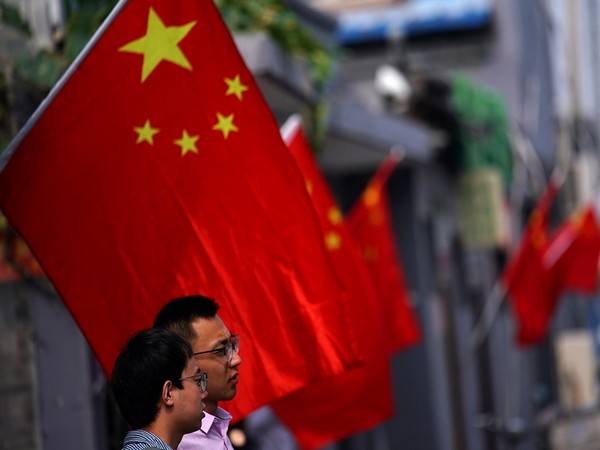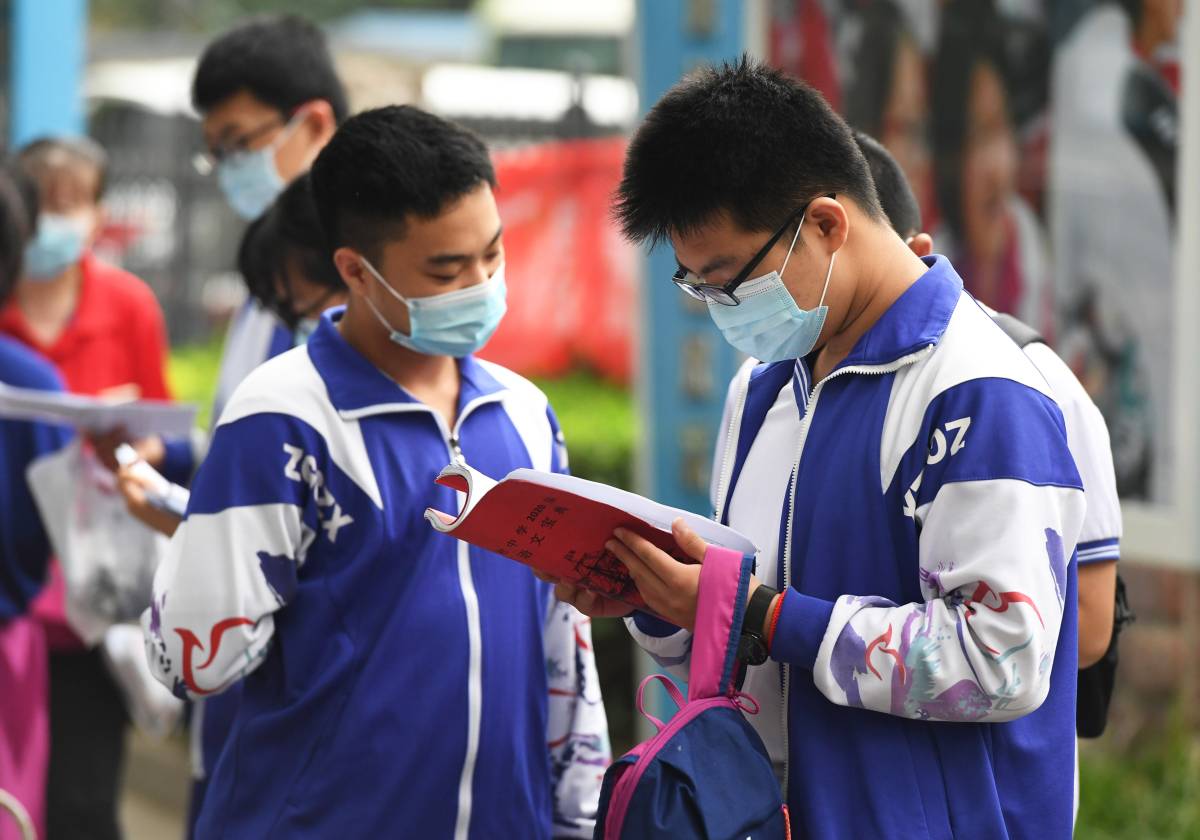Schools use the facial recognition technology to monitor students, police use it to detect potential suspects, and gaming companies apply it to prevent minors from playing late at night….reports Asian Lite News
Chinese schools that have been rolling out facial recognition systems since 2019 as part of a government “smart campus” campaign, are facing a backlash as some parents argued that the technology is endangering their children’s privacy, said a media reported.
On Thursday, a parent surnamed Tan posted a complaint on a government website in Badong County, a remote part of the central Hubei province. The post accused a local middle school of forcing students to use facial recognition scanners to make purchases on campus, a Shanghai-based Sixth Tone media outlet reported.

The media outlet reported that Jingxin Youyi Middle School has been making students pay via the system, which is operated by Chinese financial technology giant Alipay, since December, according to the post. Tan also posted a complaint on the government website when the scanners were first installed, arguing the system could present a privacy risk if the students’ facial data leaked.
Several Chinese media outlets have published stories about Tan’s complaint in recent days, with critics arguing the potential privacy issues created by such facial recognition systems outweigh the benefits, Sixth Tone reported.
According to Alipay, the facial recognition system — named “One Face Pass” — is designed for use in primary and middle schools. The technology can be used to verify students’ verifies and process payments, with students needing to provide their facial data and their parents’ bank information, Sixth Tone reported.
It further reported that facial recognition has become a lucrative industry in China over recent years. Schools use the technology to monitor students, police use it to detect potential suspects, and gaming companies apply it to prevent minors from playing late at night.
The number of face scanners installed in China grew 30 per cent per year on average between 2010 and 2018, according to an industry white paper. The market is predicted to be worth 10 billion yuan (USD 1.6 billion) by 2024, Sixth Tone reported. (ANI)

